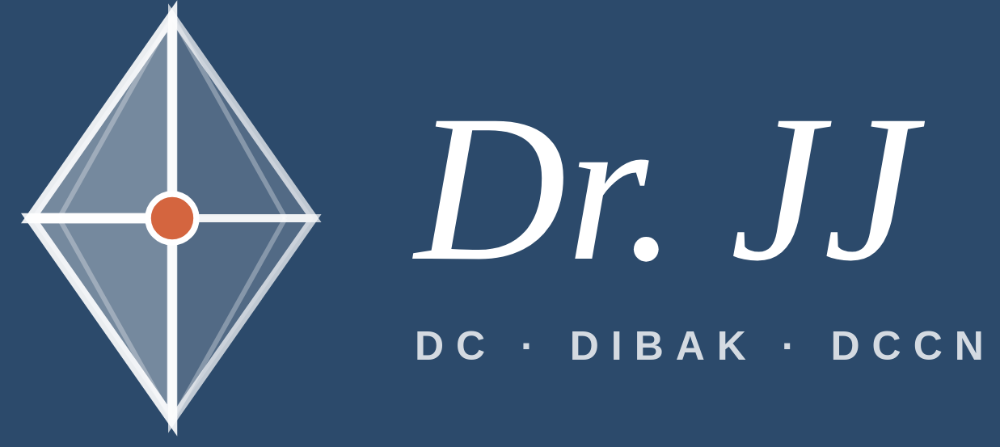List of Vitamins In The Foods You Should Be Eating

This is a basic guide that will assist you in determining what foods to eat that will be most beneficial in supplementing the vitamins your body needs. With so many choices it won’t be difficult to maintain a healthy diet and make it much easier to avoid the foods that are causing you problems. Foods that contain Vitamin A, include:
| Liver | Eggs | Butter | Apricots |
| Carrots | Cantaloupe | Tomatoes | Spinach |
| Peaches | Peppers | Yams | Kale |
| Mango | Broccoli | Collards | Pumpkin |
| Peas |
Foods that contain Vitamin B1 (Thiamine), include:
| Brewer’s Yeast | Blackstrap | Molasses | Brown Rice |
| Sunflower Seeds | Brazil Nuts | Eggs | Liver |
| Poultry | Fish | Beef | Flax |
| Kale | Oatmeal | Cauliflower | Asparagus |
Foods that contain Vitamin B2 (Riboflavin), include:
| Almonds | Eggs | Liver | Brussels Sprouts |
| Leafy Green Veggies | Cheese | Fish |
Foods that contain Vitamin B3 (Niacin), include:
| Salmon | Tuna | Beef | Chicken |
| Liver | Milk | Nuts | Sunflower Seeds |
| Avocado | Yams | Broccoli | Dates |
Foods that contain Vitamin B6 (Pyridoxine), include:
| Bananas | Beef Liver | Prunes | Peas |
| Leafy Green Veggies | Blackstrap Molasses |
Foods that contain Vitamin B8 (Biotin), include:
| Eggs | Beef Liver | Brewer’s Yeast | Sardines |
Foods that contain Vitamin B9 (Folic Acid), include:
| Dates | Tuna | Spinach | Beets |
| Cheese | Kidney Beans | Cabbage | Peas |
| Beef Liver | Salmon | Asparagus |
Foods that contain Vitamin B12, include:
| Animal Liver | Algae | Milk | Milk Products |
| Poultry | Fish | Shellfish | Bee Pollen |
Foods that contain Vitamin C, include:
| Guava | Red Pepper | Cantaloupe | Oranges |
| Grapefruit | Papaya | Strawberry | Kiwi |
| Tomatoes | Broccoli | Cauliflower | Parsley |
| Rosehips | Liver | Mushrooms |
Foods that contain Vitamin D, include:
| Eel | Pilchard | Sardines | Halibut Liver Oil |
| Herring | Eggs | Beef Liver | Butter |
| Salmon | Tuna |
Foods that contain Vitamin E, include:
| Eggs | Beef Liver | Peas | Legumes |
| Asparagus | Avocado | Spinach | Milk |
Foods that contain Vitamin K, include:
| Algae | Broccoli | Avocado | Kiwi |
| Grapefruit | Parsley | Shallots | Onions |
| Red Onions | Red Wine | Spinach | Swiss Chard |
| Cabbage Kale | Cauliflower | Brussels Sprouts | Kale |
Additionally, here is a good start to a mineral list: Foods that contain Calcium:
| Kale | Broccoli | Bok Choy | |
| Fish w/edible bones |
Foods that contain Iron:
| Meat | Poultry | Seafood | Nuts & Seeds |
Foods that contain Magnesium:
| Tea | Fruits & Vegetables | Kale | Strawberries |
Foods that contain Potassium:
| Poultry | Apricots | Avocados | Bananas |
| Cantaloupe | Grapefruit | Honeydew Melon | Kiwi |
| Oranges | Prunes | Strawberries | Tomatoes |
Foods that contain Selenium:
| Seafood | Liver | Kidney | Seeds |
Foods that contain Zinc:
| Meat | Liver | Seafood |
As you can see, proteins and organ meats are the most nutrient dense foods on this list. They appear over and over under different categories. If you can add in even one serving of liver every month, coupled with a homemade bone broth and cut out the grains and legumes that are robbing your body of these precious minerals, your nutrient deficiency symptoms will be quickly erased!
Stay connected with news and updates!
Join our mailing list to receive the latest news and updates from our team.
Don't worry, your information will not be shared.

